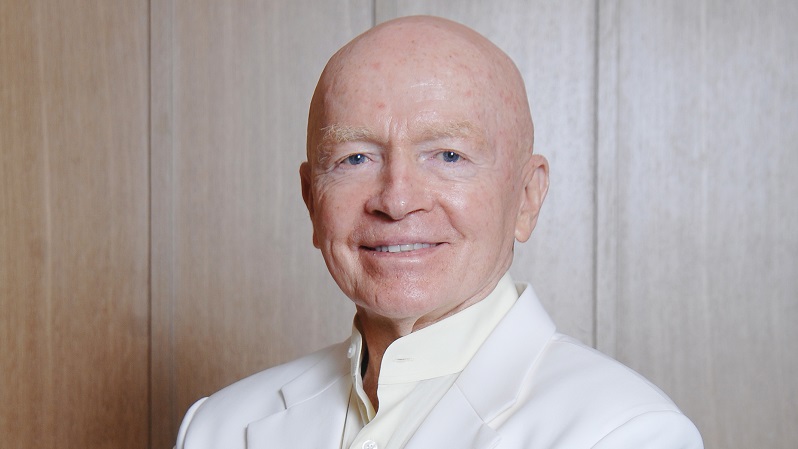A status which is harder to acquire however is that of pioneer, but that is the accolade many are attributing to Mark Mobius after it was announced last week that the veteran emerging markets manager is to retire from Franklin Templeton after three decades of service.
Hired by the late Sir John Templeton in 1987 to launch one of the first mutual funds dedicated to emerging markets, Mobius oversaw Templeton’s emerging markets team between 1987 to 2016. In March last he stepped away from most of his management duties after Stephen Dover was named chief investment officer of Templeton Emerging Markets Group (TEMG), with Mobius taking the role of executive chairman.
“There is no single individual who is more synonymous with emerging markets investing than Mark Mobius,” said Greg Johnson, chairman and chief executive, commenting on the manager’s achievements. But how do fund buyers assess the impact Mobius made on the asset class, and what legacy has he left?
Father of emerging markets
Adrian Lowcock, senior investment director at Architas, notes that Mobius was investing in emerging markets long before they became the asset class they are today and before it was popular to do so.
“He was a very recognisable face of fund management (think Yul Brynner) only emphasised by his sharp white suits,” he says. “He made some big calls on emerging markets which rewarded investors buying bargains after the Asia Crisis of 1997 in particular in Thailand and Russia.
“Mobius personified the challenges required to invest in emerging markets in a time when there were usually no phones. His ability to circumnavigate the global was legendary and he spend much of his working life travelling – going to the country and seeing things first hand gave him a distinct advantage – thankfully current generations can reduce their travel and use the internet, email and skype.”
He adds: “Mobius demonstrated an exceptionally high level of commitment to the role and a passion for investing in emerging markets and his contribution has earned him the moniker as the ‘father of emerging markets’ among others.”
In terms of style and performance, Lowcock adds that Mobius combined a contrarian value approach when investing in the region and looked to have a concentrated portfolio. He says he also benefited from a well-resourced group with a global presence in emerging markets. Indeed, as at 30 September 2017, TEMG had approximately 50 investment professionals in 20 offices around the world and more than $28bn in assets under management.
Article continues on the next page…








